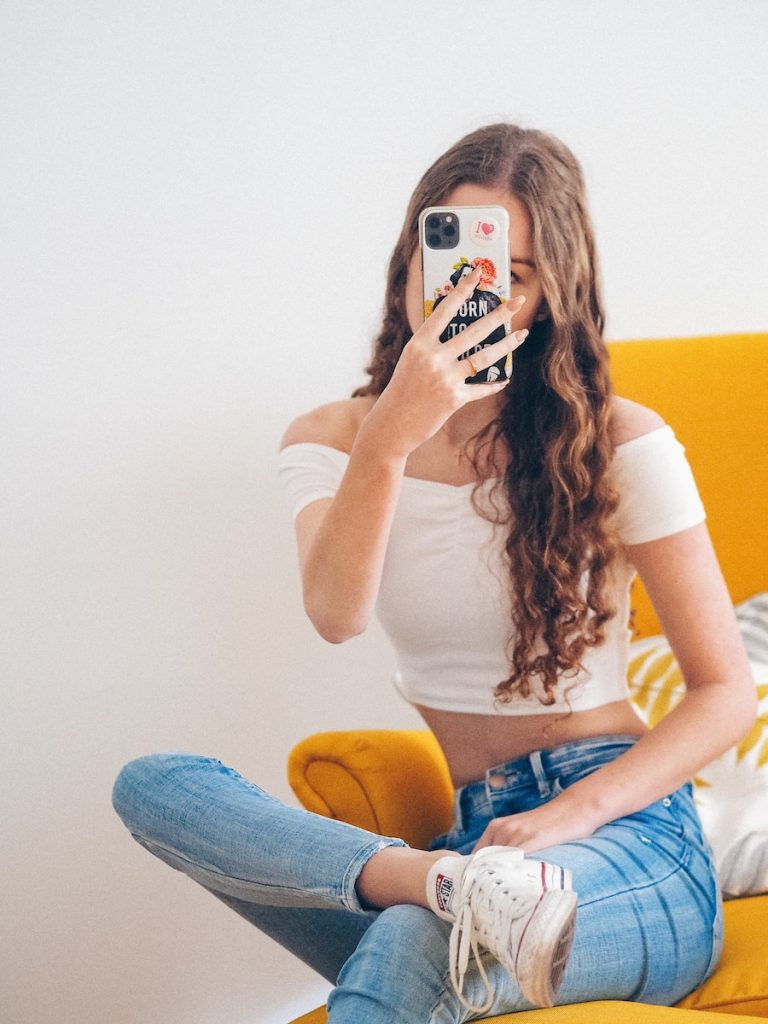Have you ever encountered a social media page with thousands of subscribers but only a few dozen likes on the posts? Yes, those influencers are false. Let’s learn how to identify people with such traits who have cheated or gotten away with it.
Who is a fake influencer?
Someone who seems to have a sizable following and influence on social media but is really only looking to earn a fast profit is known as a phony social media influencer. They might publish images of themselves enjoying the good life or endorsing goods they don’t truly utilize. Unfortunately, their followers are able to recognize these attempts right away. After all, if something appears on social media to be too good to be true, it probably is.
We are all aware of how quickly the world of social media influencers is expanding, but how can you identify who is authentic and who is faking it?
4 indicators of fake influencers
They don’t interact with their followers. Influencers that have suspiciously large followings but disproportionately few likes or comments on their posts may have purchased their followers rather than accruing them naturally.
– They receive no interaction from their followers. Influencers that have suspiciously large followings but disproportionately few likes or comments on their posts may have purchased these followers rather than gained them naturally.
– They misrepresent their luxurious lifestyle. Inauthentic fake influencers might even hire skilled photographers for contrived photo shoots with pricey wardrobe pieces and props without disclosing what’s really happening behind the scenes because they lack authenticity. To appear sophisticated, they use Photoshop, add fictitious geolocations, and “polish” their social media profiles.
– They create alliances with companies. Such influencers frequently publish sponsored material while feigning genuine connections with major brands. They don’t seem to be discussing much about their personal life; they seem too concentrated on selling things.
– The enormous number of subscribers consistently decreases for them. The loss of a new audience will be minimal if there are genuine influencers. However, if there is an increase in followers followed by a decrease and a return to prior numbers, it was probably a bot buy, and the outflow took place after the payment was canceled.
How much do fake followers cost?
You may purchase followers for TikTok, YouTube, Facebook, and Instagram with the Famoid.com service. For $15.95, Famoid.com offers 1,000 Instagram bots. TikTok has the same price as YouTube. Views and likes can be purchased separately.
Every view on every video on YouTube is periodically verified. A video will lose some views and its view count will go down if they discover an FAKE view on it and remove it right away. But if you purchase YouTube views from Famoid, all of the views are from 100 percent genuine accounts, so you’ll never run into this problem. Famoid provides this quality assurance.
Not simply those who want to become influencers use fake followers. Kylie Jenner, an A-list model, is at the top of the list of “The biggest fake influencers on social media.” On Instagram, she has 329 million followers. Khaby Lame, a popular TikTok user, has slightly less than 70 million Instagram followers. Does that imply Kylie Jenner has achieved greater success? Without a doubt. According to Forbes, who cites the HypeAuditor research, 40% of Kylie Jenner’s followers are false.
But with a 3.5% interaction rate, her profile gets a lot of interest. It’s a lot, that. The millionaire influencers often have an ER of under 1.5%. Kylie Jenner’s true audience may be very fond of her, or perhaps she pays for social media engagements and subscribers.
Without a doubt, Justin Bieber is unconcerned. He has 220 million followers on Instagram and a 0.37 percent engagement rate. This is quite low, and it may be accounted for by the fact that 37% of his followers are false.
Is it easy to become a fake influencer?
Dominique Druckman is certain to know the solution. She rose to fame as a result of the HBO film “Fake Famous.” What The New Yorker has to say about her life before the movie is as follows: While she waits for her big break, Dominique, a friendly aspiring actress from Miami Beach, works at Lululemon.
Director Nick Bilton explains that using easy methods like purchasing bots, the filmmakers captured ordinary people and turned them into phony influencers. Dominique most likely felt like a true celebrity after the film’s release. Her impact on social media is also expanding. More than 300,000 people follow her on Instagram. How many of these are robots, though? We didn’t make a check.
How not to be deceived by fake influencers?
Check the backgrounds of the people you plan to associate with. There should be cause for concern if someone has hundreds of thousands of followers but is unknown to Google.
One other bit of advice: don’t let the number of followers fool you. Instead, focus on the influencer’s level of knowledge and involvement first.
Brands pay close attention to micro- and nano-influencers because of this. The size of their following is quite tiny, but the level of involvement among their followers is really high.

